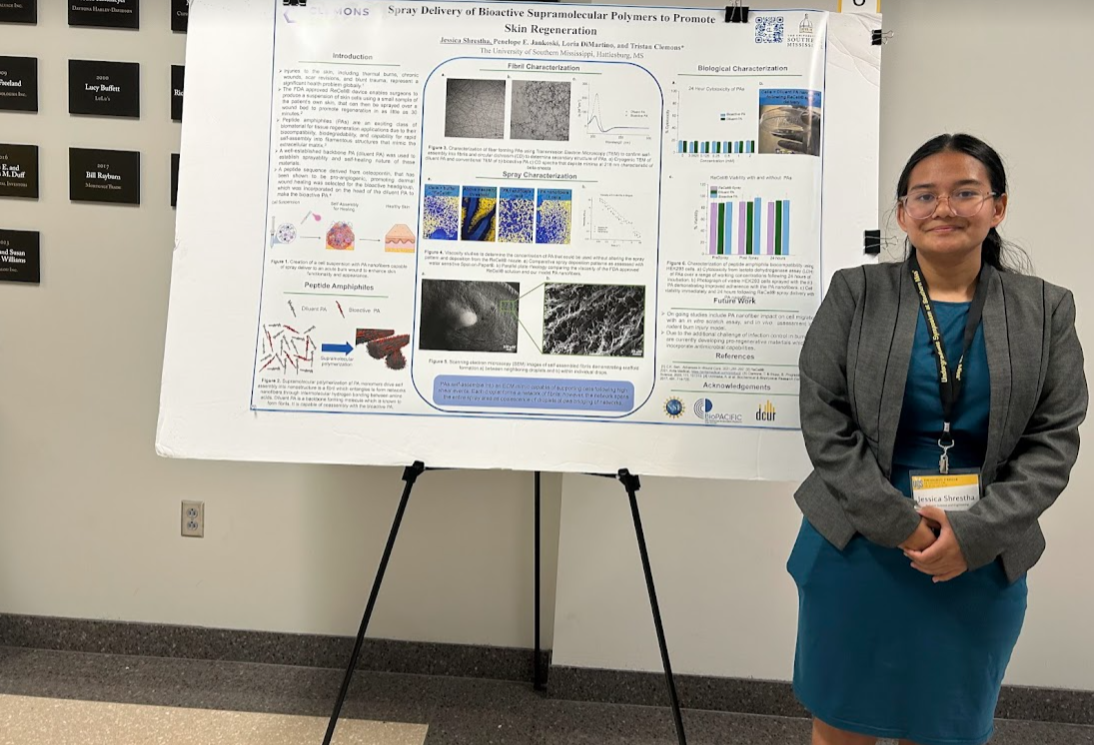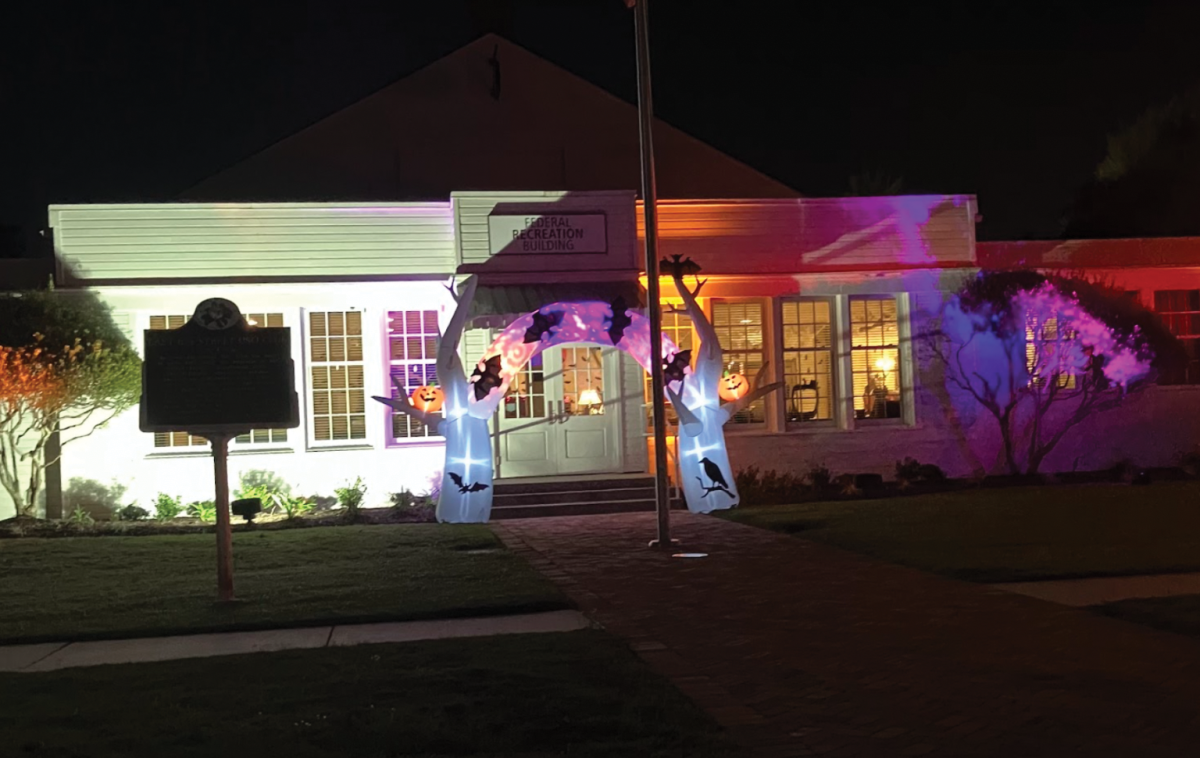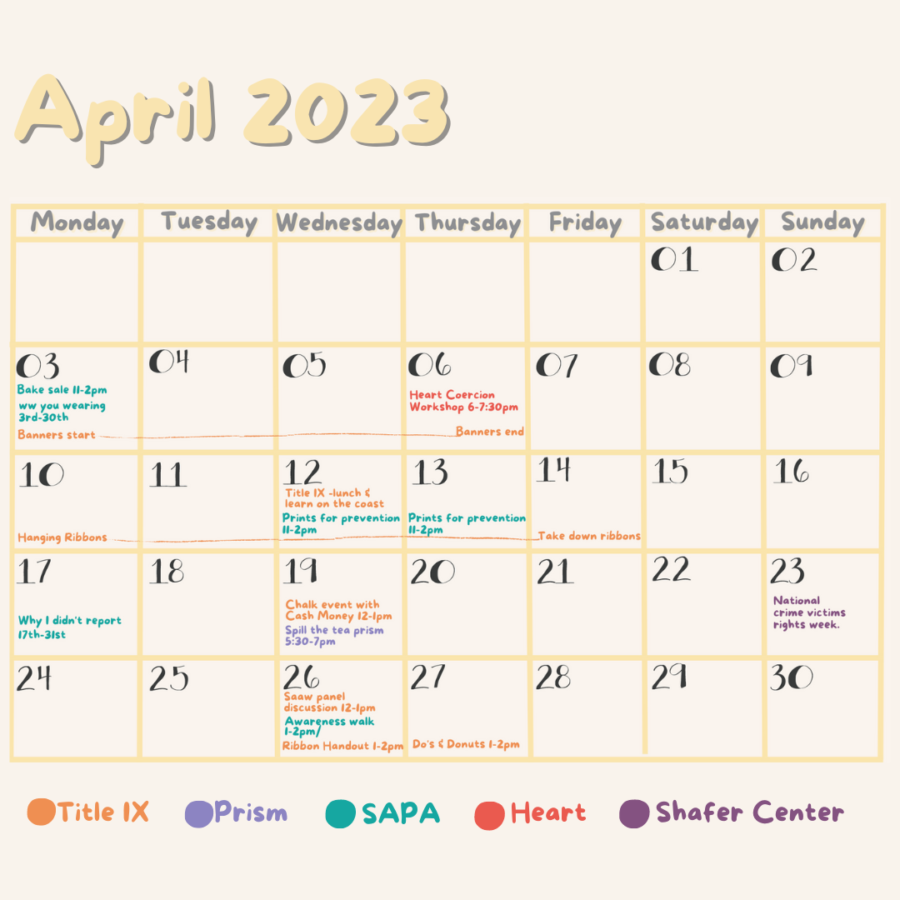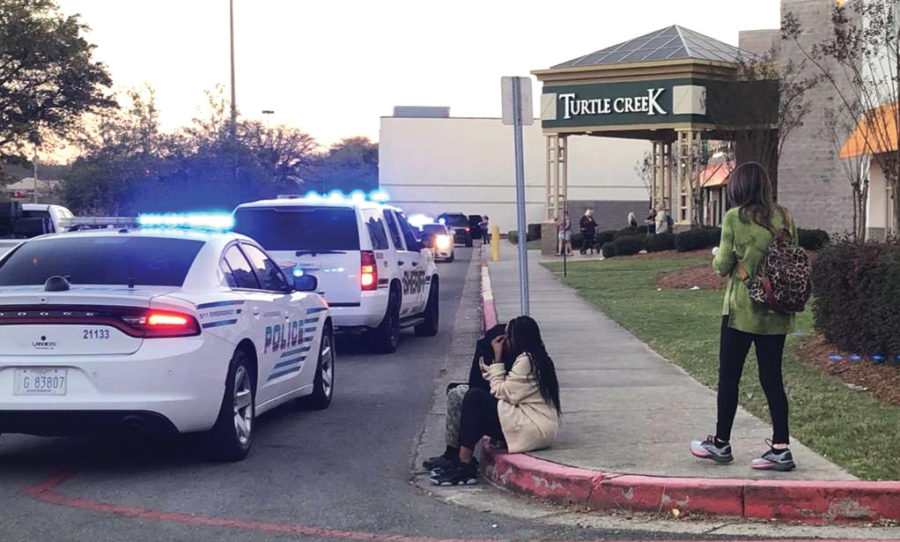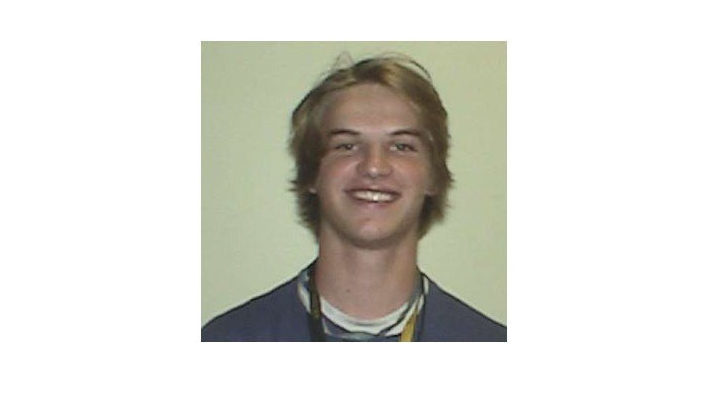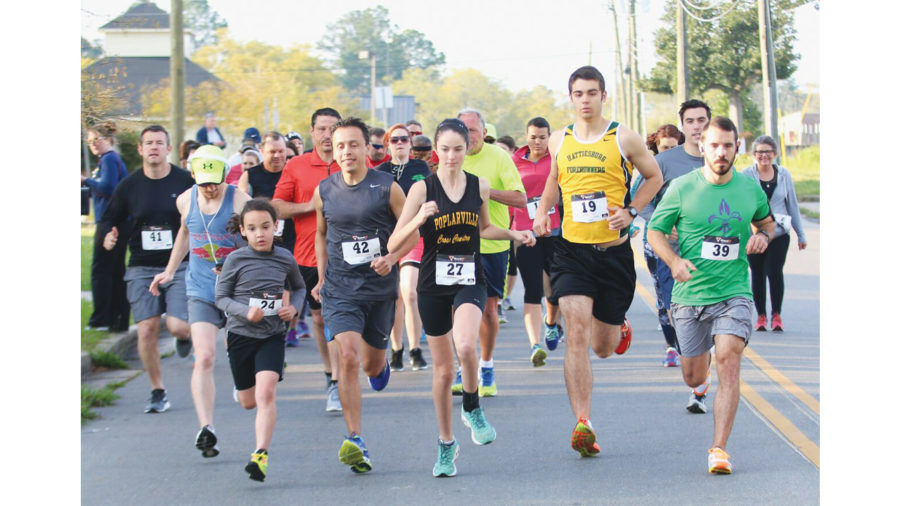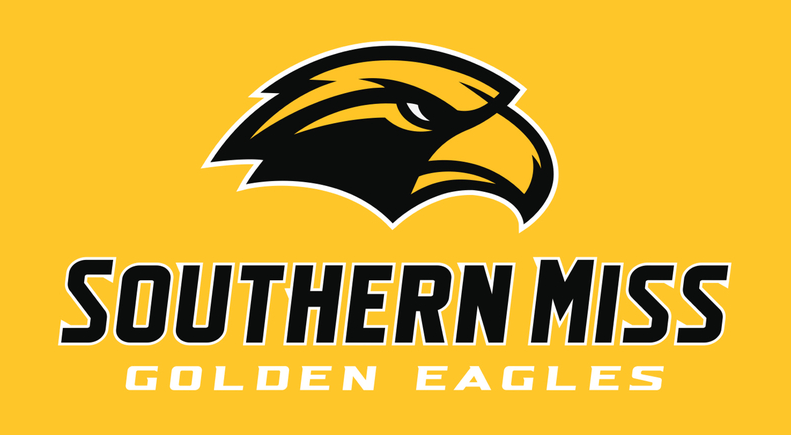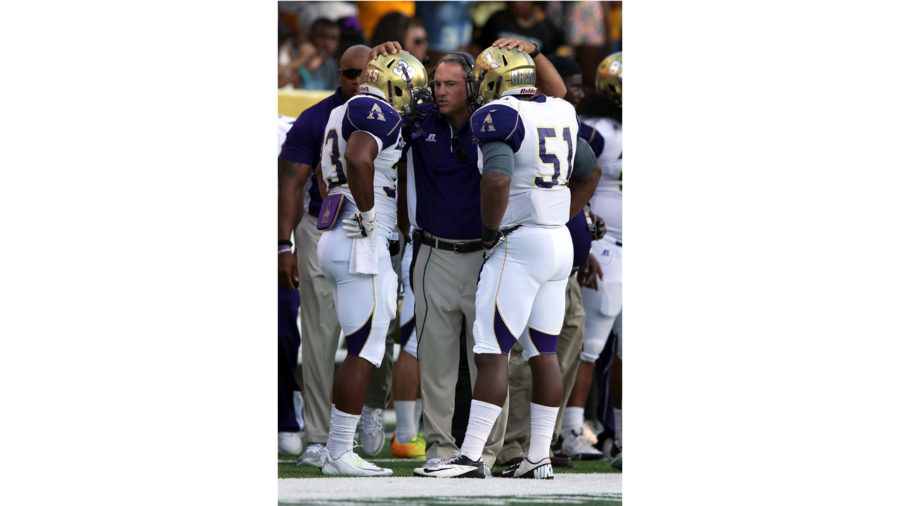On Tuesday, Oct. 27, The Devil Music Co. formally announced their withdrawal from the final round of the Student Government Association’s “Battle of the Bands” contest, citing unfair treatment as one of the reasons for their dissatisfaction.
The Battle of the Bands contest was the first of its kind. It was SGA’s attempt to incorporate a local opening act in Eaglepalooza, an annual SGA-sponsored free concert that started in 2004 and continues to draw increasingly larger crowds to its Historic Downtown Hattiesburg setting.
On their website, SGA explained that it attempts to use Eaglepalooza’s large vendor area to “provide local businesses and organizations plenty of opportunities to come together and invest in their community and local university, leaving Hattiesburg a richer and more pleasant place to call home.”
This dedication to collaboration and betterment was what drew The Devil Music Co. to submit an application.
“We thought (Battle of the Bands) was a wonderful thing, especially considering the myriad of established, talented musicians in our community,” said The Devil Music Co. singer Marshall David Mckellar. “We’ve always believed Eaglepalooza could be an excellent platform for Hattiesburg’s vibrant music community.”
The Hattiesburg-based grassroots art project is a collection of musicians, designers, videographers, photographers, sound engineers and producers assembled by McKellar. Like many other bands, they were excited by the possibility of opening for Echosmith, this year’s Eaglepalooza headliner. They quickly submitted the song application form, which indicated that the supporting act would be chosen based on the song, video, and information provided as soon as it became available.
“At (that) point, absolutely no information was supplied concerning any second or third rounds,” McKellar said. “We expected SGA to outsource the supporting act via an email (or) performance offer, follow by a contractual agreement. However, from the very beginning, we realized things were not as we had hoped.”
McKellar went on to describe the “insufficient and inefficient” application format, which he says made it difficult for the band to ascertain what information the SGA specifically desired and how to submit it.
“The form was littered with typos and misspelled words, suggesting poor attention to detail and a general sketchiness that shouted, “we don’t really know what we’re looking for or what we’re doing,’” McKellar said. “We decided to submit as much information as we could and hope for the best.”
However, it was not soon before other problems arose. The application submission form had just closed when the band received an email informing them that there would be another round in the form of a live voting poll featuring the artists who had submitted an application.
“We were all very disappointed that the selection process had devolved into a voting competition,” McKellar said. “We typically find vote-based competitions to be demeaning and degrading to artists of any kind. Nonetheless, we had already begun the process, so we decided to continue with the poll, hoping it would be conducted in a professional and respectful manner.”
The email they had received informed them that the poll would open on Sept. 28 and close on Oct. 2. However, the poll did not open until Sept. 30. McKellar and his bandmates took the delayed opening in stride and focused on launching social media advertising campaigns under the assumption that they had only two days to acquire votes. But Oct. 2 passed with no incident.
“For two days we, along with other artists, remained in a state of limbo, trying to figure out how to professionally approach the situation,” McKellar said. “Everyone had questions, and no one had received answers via email or social media.”
On Oct. 4, SGA announced that the poll would remain open for a week beyond the original Oct. 2 deadline.
“We found this to be very sketchy and unprofessional. In fact, we almost removed ourselves from the competition at (that) point,” McKellar said. “However, we like playing shows, and we wanted to give SGA another chance.”
Consequently, The Devil Music Co. continued their advertising campaign, spending money from their band budget to make the rest of the week as successful as possible. They did not hear from the SGA until Oct. 12, when they received an email informing them that there would be another round in the selection process and that it would require them to perform in front of a panel of judges.
In an Oct. 14 email, SGA further explained that the final round would consist of a “live performance sample” used to ascertain how each group would sound. SGA required a representative from each band to meet with them, aided only by an acoustic guitar or keyboard. They also asked contestants to bring show footage and video or photos of their group performing live.
“We were aggravated and confused,” McKellar said. “All the other artists we could contact were confused as well. We had already sent in a song sample, photos, videos, and all relevant band information. Yet, here they were asking for the exact same information in person. Also, how did they expect to see an accurate representation of a band’s live set based on nothing more than a single member and an acoustic guitar?
“We realized that the people in charge of this competition (most) likely meant well but simply didn’t know what they were doing. Also, the email only supplied three possible dates for this ‘live sample,’ all of which were weeknights. The guys in my band are husbands, fathers, and members of the workforce. I live in Oxford. We were all pretty disappointed that SGA would consider inconveniencing a whole slew of people for information they already possessed; however, we were determined to stick it out.”
McKellar asked SGA if it was possible to reschedule the live sample. They complied after seven days (and 24 hours before a representative of the Devil Music Co. was scheduled to do the live sample.)
“The last straw fell for us on the evening of Oct. 26,” McKellard said. “We received another email from SGA with actual details concerning the ‘judging process.’ This email manifested a completely different idea than the email from a week before. It informed us that SGA expected a full band performance for our ‘live sample’—a live sample scheduled 24 hours away from that present moment. This email didn’t so much as mention an interview, or any of the provisions from the previous email.”
Rather, it listed voting criteria as a combination of preparedness, sound quality, projection, engagement, appropriateness, performance, presentation/band chemistry, look, fluidity and experience—criteria McKellar likened to an episode of “American Idol.”
“Preparedness?” McKellar said. “What time did we have to prepare? Performance? Did they really expect full bands, along with gear and lights, to randomly perform for judges with no compensation? You really, truly expect full-time husbands, fathers, master’s students, doctoral students and members of the workforce to show up on a Tuesday night and perform an entire setlist for a panel of judges? This is ridiculous and demeaning. This shows absolutely no respect for the hard work of local artists and musicians.
“We strongly believe that the work of local artists should be valued and respected. We are not pawns in a marketing scheme. We are not dancing monkeys. We are an integral part of our community’s culture. We wish no ill upon SGA. However, we do wish they would consider our stance on the value of our town’s wonderful artists, musicians and craftsmen. We hope this year’s Eaglepalooza is a giant success. We simply cannot continue to be a part of it.”
The Devil Music Co. would also like to challenge SGA to release the results of the voting poll.
When asked for their side of the story, SGA provided an official statement regarding the incident:
“With this being our first year of attempting a Battle of the Bands, we knew that it would be a learning process for us. We have done our best to treat each band with professionalism and respect. Although we have apologized to Devil Music Company for any feelings of dissatisfaction, we have not had any complaints from the other finalists. With the event being less than a month away, we must learn from our mistakes and move forward to make this the best Eaglepalooza yet!”


